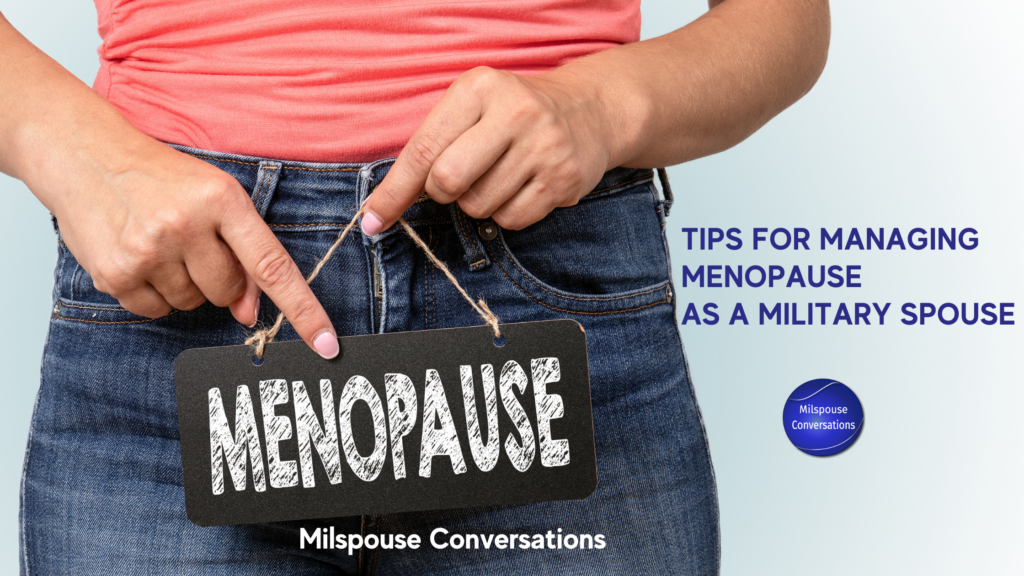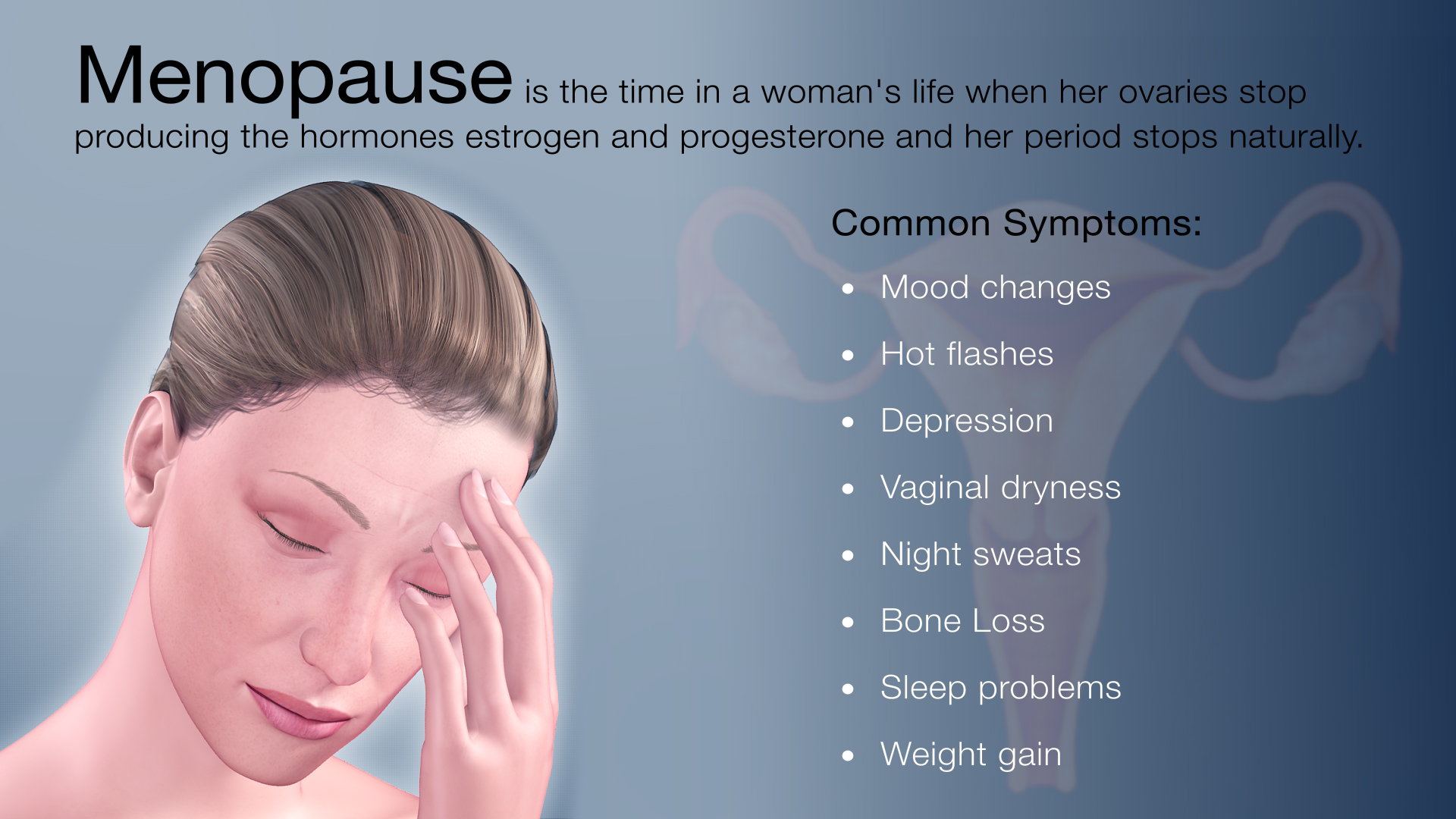Menopause dryness, a common symptom experienced by many women during their menopausal transition, can have a profound impact on their physical, emotional, and psychological well-being. This article delves into the causes, consequences, and effective management strategies for menopause dryness, empowering women with the knowledge and tools they need to navigate this phase of life with confidence and comfort.
Prevention and Management of Menopause Dryness

Menopause dryness is a common and uncomfortable symptom that can significantly impact quality of life. However, there are several measures you can take to prevent or manage dryness effectively.
Maintaining a Healthy Lifestyle
Adopting a healthy lifestyle can help improve overall well-being and reduce the severity of dryness. Key elements include:
- Regular exercise to promote blood circulation and improve skin hydration
- Adequate hydration by drinking plenty of fluids, especially water
- A balanced diet rich in fruits, vegetables, and whole grains to provide essential nutrients
- Sufficient sleep to allow the body to repair and rejuvenate
Using Gentle Hygiene Products
Harsh soaps and detergents can strip away natural oils from the skin, exacerbating dryness. Instead, opt for:
- Mild, fragrance-free soaps or cleansers
- Lubricating body washes or bath oils
- Moisturizing creams or lotions applied after bathing
Avoiding Certain Triggers
Identifying and avoiding triggers that worsen dryness can help minimize discomfort. Common triggers include:
- Hot showers or baths
- Exposure to dry or windy environments
- Certain fabrics, such as wool or synthetic materials
- Smoking or secondhand smoke
Regular Check-Ups with a Healthcare Provider
Regular check-ups with your healthcare provider are crucial to monitor dryness and adjust treatment plans as needed. Your provider can:
- Evaluate the severity of dryness
- Recommend appropriate treatments
- Monitor for any underlying medical conditions
li>Provide guidance on lifestyle changes or other interventions
Emotional and Psychological Impact of Menopause Dryness

Menopause dryness can have significant emotional and psychological effects on women. It can lead to:
Loss of Intimacy and Sexual Function, Menopause dryness
Vaginal dryness can make sexual intercourse painful and uncomfortable, leading to a decrease in intimacy and sexual function. This can strain relationships and cause feelings of frustration and inadequacy.
Body Image Issues
Menopause dryness can also affect women’s body image. Some women may feel less attractive or desirable as a result of vaginal dryness and other menopausal symptoms.
Anxiety and Depression
The emotional and physical challenges of menopause dryness can contribute to anxiety and depression. Women may feel overwhelmed, irritable, and hopeless.
Coping Strategies and Support
Coping with the emotional and psychological impact of menopause dryness is essential. Here are some strategies:
- Talk to your partner about your concerns.
- Seek support from healthcare providers, such as your gynecologist or therapist.
- Join support groups or online forums to connect with other women experiencing similar challenges.
When to Seek Medical Attention

Menopause dryness can usually be managed with self-care measures and over-the-counter products. However, it’s important to seek medical attention if you experience:
- Persistent or severe dryness that does not improve with self-care measures
- Discomfort or pain during intercourse
- Signs of infection, such as redness, swelling, or discharge
Early diagnosis and treatment of menopause dryness can help prevent further complications, such as vaginal atrophy, which can lead to more severe symptoms and an increased risk of infection.
Questions and Answers
What are the common symptoms of menopause dryness?
Vaginal dryness, itching, burning, pain during intercourse, and urinary discomfort are common symptoms.
What causes menopause dryness?
Declining estrogen levels during menopause lead to a decrease in vaginal fluid production, resulting in dryness.
What are the treatment options for menopause dryness?
Hormone therapy, vaginal moisturizers, lubricants, and non-hormonal treatments like hyaluronic acid can alleviate dryness.
How can I prevent or manage menopause dryness?
Maintaining a healthy lifestyle, using gentle hygiene products, and avoiding triggers like smoking and excessive alcohol consumption can help.
When should I seek medical attention for menopause dryness?
Persistent or severe dryness, discomfort during intercourse, or signs of infection warrant medical evaluation.